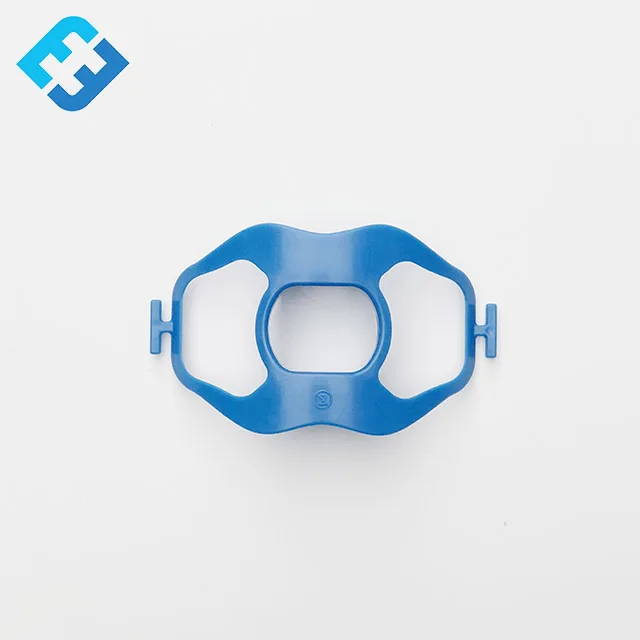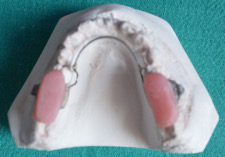

For others, they may need to be worn for an hour or more. For some procedures, bite blocks may only be needed for a few minutes. It depends on the procedure being performed and the recommendations of your dentist or oral surgeon.
#PEDIATRIC BITE BLOCK HOW TO#
Here are some tips on how to clean bite blocks: You probably won’t need to do anything about this problem if you’re not in pain, but call your orthodontist for advice if you have problems when you bite on just one block. It may feel strange, but it’s considered normal. Your teeth might only come into contact with one of the blocks for a while. However, if you experience any severe or persistent discomfort, you should speak to your dentist or oral surgeon.

In most cases, these side effects are temporary and will go away after the procedure is complete. This can include pain, pressure, or gum soreness. However, some people may experience discomfort when using a bite block. It is usually made of soft material and fits comfortably over the teeth. DiscomfortĪ bite block is a device that is used to stabilize the jaw during dental procedures. The block can interfere with the normal chewing motion, leading to problems with digesting food and may even cause weight loss. This can lead to difficulty chewing and even pain in the jaw. When a bite block is in place, it can prevent the teeth from coming together properly. One of the most common side effects of bite blocks is chewing problems. The main concern with a speech impairment is that it could lead to choking because people cannot swallow properly while they are speaking with the bite block in place. This can make it hard to speak clearly, which can make it difficult for others to understand what you are saying or even understand if you have any physical disabilities in your mouth or throat area. When you use a bite block, you may experience difficulty moving your mouth or tongue due to the pressure on your jaw and mouth. So next time you are at the orthodontist’s office, remember to ask for your bite block! Are There any Side Effects from Bite Blocks? 1. And finally, they help you to avoid biting your cheek or lip while your mouth is adjusting to the new hardware.

They also help to keep your lips from being injured by the brackets or wires. You might be wondering, why do people need bite blocks for braces? Well, there are actually a few reasons.īite blocks help to keep your tongue from getting in the way when your orthodontist is putting on your braces. When getting braces, your orthodontist will also give you a few rubber or silicone bite blocks. Why Do People Need Bite Blocks for Braces? If you think you might benefit from wearing a bite block, talk to your dentist about whether this type of appliance is right for you. Wearing a bite block can help to reduce stress and tension in the jaw muscles, and it can also help to protect the teeth from damage. At night, they can be worn for longer periods of time, such as during sleep. During the day, they can be worn for short periods of time, such as during work or while driving. Bite blocks are typically made of soft materials such as silicone or gel, and they fit over the teeth.īite blocks can be used during the day or at night. They are also sometimes used to help with mouth breathing. What happens if I swallow my bite block?īite blocks are a type of dental appliance that is used to help prevent teeth clenching and grinding.


 0 kommentar(er)
0 kommentar(er)
